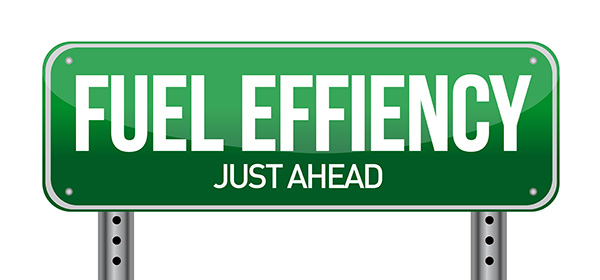
Fuel efficiency is a topic that sparks endless conversations among drivers, often accompanied by a mix of facts and myths. Everyone wants to stretch their gas mileage, but misconceptions about saving fuel can sometimes lead to practices that do more harm than good. Let’s look into some of the most common myths surrounding fuel efficiency and uncover the truth so you can get the best performance out of your vehicle.
Myth 1: Premium Gas Improves Every Car’s Fuel Efficiency
The word “premium” might sound appealing, but not every car is designed to benefit from higher-octane gas. Premium fuel is formulated for high-performance engines, and using it in a car that doesn’t require it typically won’t enhance mileage or performance. In fact, you could be wasting money at the pump. Check your owner’s manual to determine the right fuel for your vehicle—it’s the best way to avoid unnecessary expenses.
Myth 2: It’s Better to Keep Your Tank Full
Some drivers believe that keeping their gas tank full improves efficiency by reducing the air space where fuel evaporation might occur. While there’s some truth to fuel evaporation being a factor, modern vehicles are equipped with sealed fuel systems that minimize this issue. Instead of focusing on a full tank, prioritize timely refueling to avoid being caught with an empty tank in inconvenient situations.
Myth 3: Air Conditioning Is a Major Fuel Waster
It’s common to hear that running your air conditioning significantly reduces your gas mileage. While it’s true that the AC uses energy from the engine, the impact isn’t as drastic as some might claim. Driving with the windows down at highway speeds can actually be less efficient because of the increased aerodynamic drag. On hot days, use the AC judiciously and at lower speeds to strike a balance between comfort and fuel savings.
Myth 4: Idling Is More Efficient Than Restarting Your Engine
This myth often leads to unnecessary idling, which is a proven fuel waster. Modern engines are designed to handle frequent starts and stops without affecting performance or longevity. Turning off your engine when parked or waiting for more than a minute is not only better for fuel efficiency but also reduces emissions.
Myth 5: Manual Transmissions Always Save Fuel
While older manual transmissions were often more efficient than their automatic counterparts, advancements in technology have leveled the playing field. Many modern automatics now match or even surpass manuals in fuel efficiency, thanks to features like continuously variable transmissions (CVTs) and multi-speed gearboxes. Your driving habits and vehicle maintenance play a bigger role in determining fuel economy than the type of transmission you have.
The Role of Proper Maintenance
Beyond debunking myths, it’s important to understand how maintenance affects your car’s fuel efficiency. Simple steps like keeping your tires properly inflated, replacing dirty air filters, and using the correct motor oil can make a noticeable difference. A well-maintained vehicle runs more efficiently and costs less to operate over time.
In Aurora, CO, where driving conditions can vary with the seasons, staying on top of vehicle maintenance is especially important. The city’s mix of urban and suburban roads puts unique demands on cars, making proper care even more crucial for optimal fuel efficiency.
Don’t Let Myths Drive Your Decisions
Now that we’ve separated fact from fiction, you can make smarter choices when it comes to saving fuel. The key is to rely on verified information and trust your vehicle’s design and engineering. Remember, driving habits, routine maintenance, and informed decisions are the true ingredients for better performance and efficiency.
Worried about your car’s fuel economy? Contact Aurora AutoPros in Aurora, CO, for comprehensive inspections and top-notch repairs. We’re here to help!